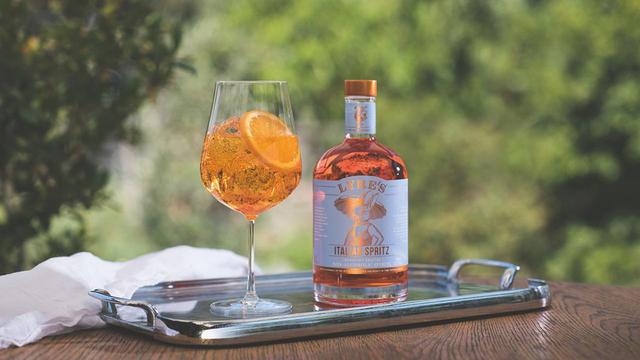Dry January: how are non-alcoholic beer and wine made?
It's a new trend that has appeared: alcohol without alcohol. But what are these drinks made of? What's the secret ? "It's a know-how, a culture, in which we keep the codes of alcoholic products, but where fermentation is more controlled, and where we can offer drinks that are similar in taste" confides Jean-Philippe Braud, founder of gueuledejoie.com, leader in the online sale of non-alcoholic drinks.
A lure for some, but for others a whole new approach to drinking. “Mentalities have evolved. There are more and more professionals who are adapting their products and modifying them in favor of non-alcoholic drinks. The French are more able to drink differently now,” continues Jean-Philippe Braud.
"Today, whether it's beers, wine or cocktails, we no longer see them as poor products on the market, but as growth-enhancing products that also attract a new audience," he explains. .
A real job to offer this new product
How then to succeed in creating these non-alcoholic drinks, while keeping a flavor close to classic alcoholic drinks? For beer, the result is quite impressive. "We have the same manufacturing process as a classic beer, but we simply remove the fermentation, which is obviously compensated to keep the taste" explains Jean-Philippe Braud.
Read alsoconsumptionOrange, Free, SFR... Which operator is the best rated by subscribers in 2022?
For wine, the approach is very natural. Blends of French grape varieties are made, to obtain wines from which the alcohol is removed, once again suppressing fermentation, but whose maceration is kept, so as not to lose the original taste.
A new taste experience, at a price however substantially equal to alcoholic beverages. "It's not the alcohol that sets the price. It's the raw materials and the time spent on it. It's sometimes harder to make a good beer without alcohol than classic beers." argues Jean-Philippe Braud. And if, of course, drunkenness is not there, you can always console yourself with the pleasure of having a good time, sharing a good drink.
Summary of the show:
Subletting: good or bad idea? Guest : Armelle Lévy, head of consumption section in the economic and social service at RTL.
Trend: what is alcohol without alcohol? Guest : Jean-Philippe Braud, founder of gueuledejoie.com, leader in the online sale of non-alcoholic drinks.
Cooking: can honey replace sugar? Guest : Angèle Ferreux-Maeght, chef, creator of La Guinguette d'Angèle in Paris and naturopath.
React and find all our advice, our tips, our ideas, our good plans and the tasty and easy recipes of our chefs on our social networks: Facebook, Twitter and Instagram! Here we are! accompanies you every Saturday morning from 9:15 a.m. to 10 a.m., in a concrete and positive way to make your life easier!
The show's team recommends We're Here We Are Flavie Flament Cuisine









10 Ways to Stay Safe When You Live Alone
Hotels, restaurants: tips paid by credit card will soon be tax-exempt
Will Belgian workers quit?
"I was a rot in the evening and a good cop in the morning": meeting with "Haurus", the thug policeman of the DGSI